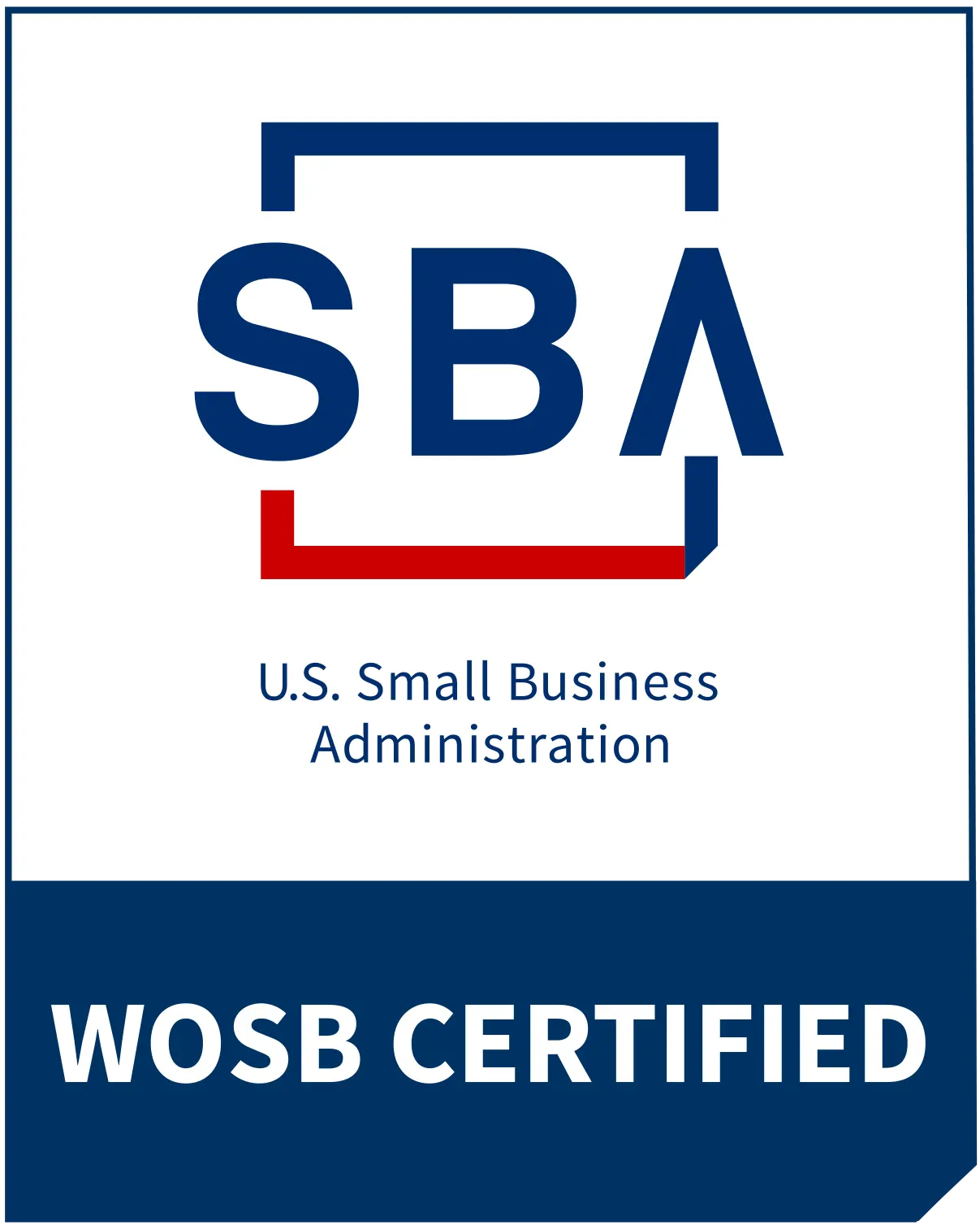At Riveo Creative, sustainability isn’t just something we talk about, it’s a value put into practice. One way we maximize our commitment is by minimizing waste. Minimizing waste is something every company – from corporations to extra small businesses – can implement. It’s all about embracing innovative solutions for today that will make a real difference for tomorrow. From eco-conscious strategies to team-building activities, here are seven simple, practical tips to help any small business minimize waste:
1. Check That Supply Chain
A thorough audit of your supply chain can help you identify areas where you can cut back on waste! Look for opportunities to reduce packaging, source materials from sustainable suppliers, and optimize transportation routes to minimize carbon emissions.
2. Embrace Reusable Solutions
Swap out single-use items for reusable alternatives in your workplace – even if your team is remote! Provide employees with reusable water bottles, coffee mugs, and lunch containers to reduce reliance on disposable products. Plus who doesn’t love new company swag? (produced by a sustainable merch store, of course!)
3. Donate To Local Charities
Take proactive steps to reduce waste by donating to local charities. Whether you’re a business with excess food or frequently upgrade your tech equipment, consider partnering with organizations that can redistribute what you no longer need.
4. Go Paperless
Transitioning to digital alternatives will significantly reduce paper waste in your organization. There are a lot of options out there in the digital sphere for communication tools that use electronic invoicing, document management systems, and digital communication. Our team uses platforms like Gusto, HubSpot, and Slack to manage our business in a paperless way, but you can find the services that meet your team’s specific needs! And don’t forget to clear out your digital data by deleting emails and moving big projects to cold storage to keep your digital waste low.
5. Take Care of Your Gear
Regardless of what type of equipment you use- laptops, vehicles, or heavy machinery – regularly maintaining and repairing that equipment will extend its lifespan and reduce the need for replacements, which are costly not only financially but in terms of emissions! Schedule routine maintenance checks for machinery and vehicles, and make sure to quickly address issues in order to prevent costly breakdowns. When you do need a repair, consider partnering with local repair shops or technicians for ongoing maintenance support.
6. Measure and Track Progress
What you don’t know, you can’t fix! Measure your current waste so you know your company’s baseline and set your goals from there.Tracking your progress at regular intervals will give you the recurring confidence boosts you need to keep heading toward your goals. Monitor key performance indicators such as waste generation rates, recycling rates, and cost savings associated with waste reduction efforts.
7. Encourage Sustainable Practices
Foster a culture of sustainability within your workplace by encouraging employees to adopt eco-friendly practices both at work and at home. Provide training on waste reduction strategies, reward employees for implementing sustainable initiatives, and solicit feedback for continuous improvement. Lead by example by incorporating sustainability into your company’s mission and values.
Conclusion
Minimizing waste is not only good for the environment—it’s also good for business. By implementing these seven practical tips, small businesses can reduce their environmental footprint, lower operating costs, and position themselves as leaders in sustainability. The team at Riveo Creative believes that small businesses are essential in paving the way for a more sustainable future!






